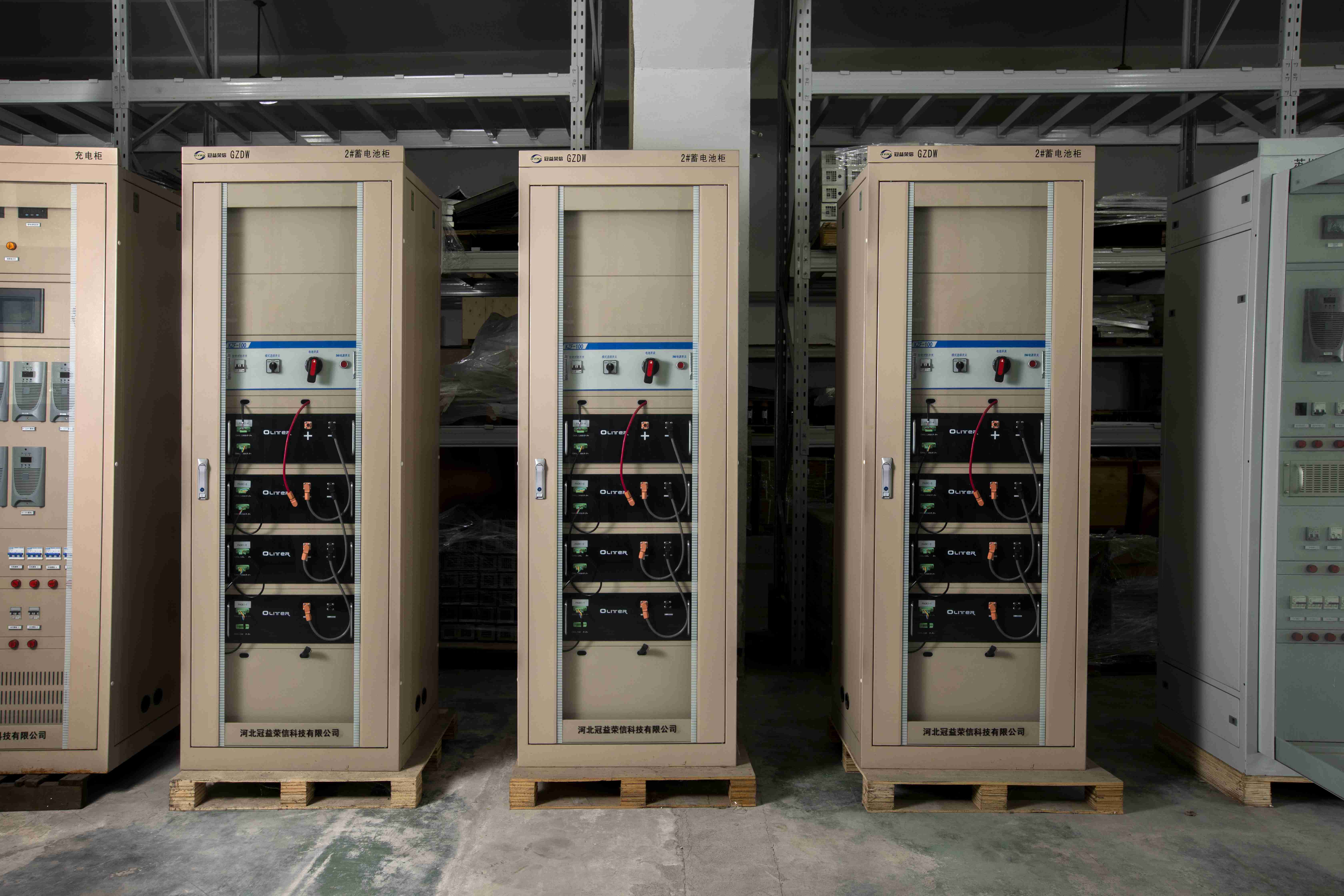
ਦਸੰ. . 22, 2024 19:23 Back to list
Distributed Energy Storage Solutions for Urban Smart Grids and Manufacturing Facilities
Distributed Energy Storage in Urban Smart Grids A Pathway Towards Sustainable Urban Development
As cities continue to evolve into smart urban environments, the integration of distributed energy storage systems (DESS) in urban smart grids presents an innovative solution to meet the rising energy demands while promoting sustainability. The notion of distributed energy storage is pivotal in enhancing resilience within urban settings, unlocking the potential for renewable energy sources, and fostering economic efficiency.
The Role of Distributed Energy Storage
Distributed energy storage refers to decentralized energy storage systems that can store energy locally, often integrated with renewable energy sources. This can include batteries located in homes, businesses, and even electric vehicles. In urban smart grids, these systems function as essential nodes, absorbing excess energy during periods of low demand and releasing it when demand peaks.
By providing responsive and flexible energy management, DESS enhances the reliability and stability of the urban energy supply. The unpredictable nature of renewable energy generation, particularly from sources like solar and wind, creates challenges for energy utilities. DESS mitigates these challenges by storing energy when generation exceeds demand and discharging it during high-demand periods, ensuring a balanced load and reducing the strain on the grid.
Enhancing the Urban Energy Ecosystem
Urban environments face unique energy challenges, characterized by high population density, increased energy consumption, and the need to incorporate sustainable practices. The implementation of distributed energy storage within smart grids not only supports energy resiliency but also enhances the overall effectiveness of energy consumption in urban settings.
One of the significant benefits of DESS is its ability to facilitate the integration of renewable energy sources. In cities, where large-scale renewable energy projects can be difficult to implement due to space constraints, DESS allows for localized generation and consumption of energy. For instance, a network of solar panels installed on rooftops can be paired with battery storage systems, ensuring that energy generated during peak sunlight hours can be stored and subsequently utilized during the evening or cloudy days.
Moreover, the decentralized nature of DESS contributes to a more democratized energy model, empowering individuals and businesses to become active participants in the energy market
. Consumers can produce their electricity, store it, and even sell excess energy back to the grid, promoting sustainability and economic participation.distributed energy storage in urban smart grids factories

Economic Benefits
Incorporating distributed energy storage into urban smart grids not only addresses environmental concerns but also offers economic advantages. Reduced reliance on fossil fuels translates to lower energy costs and reduced greenhouse gas emissions. Additionally, DESS can defer or eliminate the need for investments in expensive grid upgrades, resulting in significant savings for utilities and taxpayers.
Furthermore, localized energy generation and storage can create job opportunities in installation, maintenance, and management of these systems. As cities shift toward a greener economy, the workforce will need training in renewable energy technologies, which can stimulate economic growth and ensure a sustainable future.
Challenges and the Path Forward
Despite the numerous advantages, the widespread adoption of distributed energy storage in urban smart grids faces several challenges. High initial costs of energy storage technologies, regulatory barriers, and the need for an upgraded grid infrastructure can hinder progress.
To overcome these challenges, collaboration between government, industry stakeholders, and local communities is essential. Incentives for adopting DESS, coupled with policies that support renewables, can help accelerate implementation. Additionally, educating consumers about the benefits of energy storage systems can encourage adoption and foster a culture of innovation.
Conclusion
Distributed energy storage systems represent a crucial element in the advancement of urban smart grids, offering a solution that aligns with the twin goals of sustainability and economic vitality. By enhancing energy resilience, promoting the integration of renewable resources, and providing economic benefits, DESS can redefine the urban energy landscape. Embracing these technologies positions cities on a path toward a sustainable future, ultimately contributing to the overall goal of mitigating climate change and fostering livable environments for generations to come.
-
High-Efficiency Microinverter Solutions Top Microinverter Suppliers & Exporters
NewsJul.08,2025
-
Top Energy Storage Companies Leading Utility Scale & Long Duration Solutions
NewsJul.08,2025
-
Charge Point Charger - Reliable Charging Solutions for EVs Leading Charge Point Charger Company & Exporters
NewsJul.07,2025
-
Types of Battery Energy Storage Systems - Leading Products & Exporters Company
NewsJul.07,2025
-
AC or DC Power Supply in Home Trusted Google Home Power Supply Voltage Manufacturers
NewsJul.07,2025
-
High-Performance Portable Power Station 220V – Reliable Energy Solutions for Outdoors & Emergencies
NewsJul.06,2025























